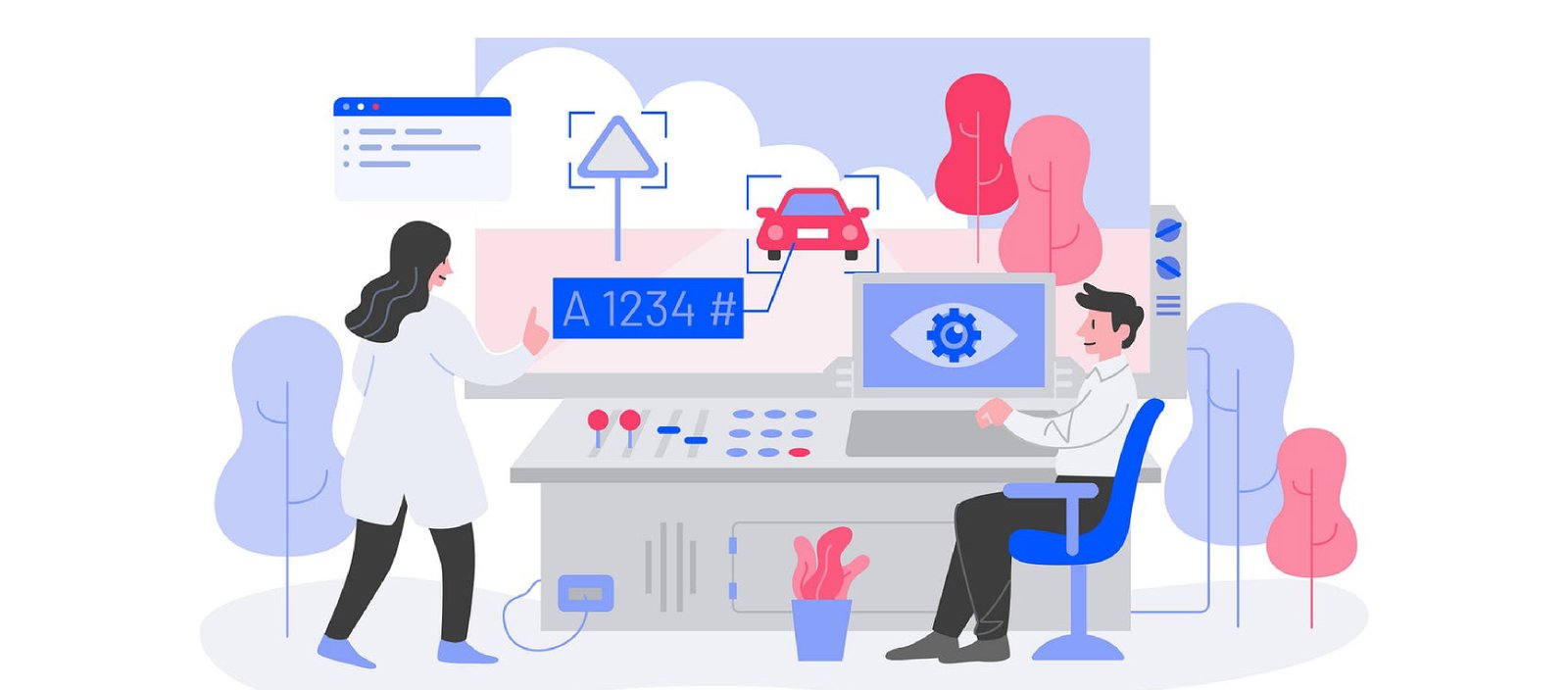
Redefining Possibilities: The Future of Robotics in Industry and Everyday Life
The future of robotics holds promise for reshaping industries and enhancing everyday life through intelligent automation and human-machine collaboration. This blog explores the burgeoning field of robotics, highlighting advancements in autonomous systems, industrial automation, personal robotics, and healthcare applications. Discover how robots are improving efficiency, safety, and precision across various sectors, from manufacturing and logistics to healthcare and household assistance. Whether you're curious about the latest innovations or their potential impact on society, this blog provides insights into the transformative power of robotics and how it is set to redefine possibilities in the coming years.
Robotics technology is advancing at a rapid pace, poised to transform industries and revolutionize daily activities. This blog explores the evolving landscape of robotics, from autonomous vehicles and industrial automation to personal assistants and healthcare robotics. Discover the latest innovations, their impact on efficiency and safety, and how robotics is reshaping the way we work, live, and interact with technology. Join us as we delve into the future applications, challenges, and societal implications of robotics, and learn how these intelligent machines are paving the way for a new era of innovation and human-machine collaboration.
PaIntroduction to the Future of Robotics Robotics technology is undergoing rapid evolution, with advancements in artificial intelligence (AI) and automation paving the way for transformative applications across industries and everyday life. From autonomous vehicles and industrial robots to personal assistants and medical devices, robots are increasingly integrated into our society, reshaping how we work, live, and interact with technology. This blog explores the exciting developments in robotics, their current capabilities, and their potential future impact.
Advancements in Robotics Technology The future of robotics is marked by significant advancements in AI, machine learning, and sensor technology. Autonomous vehicles are poised to revolutionize transportation, offering safer and more efficient mobility solutions. In manufacturing, robots equipped with AI-driven algorithms enhance production efficiency and flexibility, performing tasks with precision and consistency. Personal robotics, such as home assistants and delivery robots, streamline daily tasks and improve convenience for consumers. Healthcare robotics, including surgical robots and exoskeletons, are transforming medical procedures and rehabilitation, enhancing patient care and outcomes.
Applications Across Industries Robotics is revolutionizing diverse industries, from manufacturing and logistics to healthcare and agriculture. In manufacturing, robots handle complex assembly tasks, operate autonomously in hazardous environments, and collaborate seamlessly with human workers. In logistics, robotic systems automate warehouse operations, optimize inventory management, and facilitate faster order fulfillment. Healthcare robotics assist surgeons in performing minimally invasive procedures, provide physical support for patients, and deliver medications in hospitals. Agricultural robots automate planting, harvesting, and monitoring crops, improving productivity and sustainability in food production.
Challenges and Considerations Despite their potential benefits, robotics also present challenges that must be addressed for widespread adoption. Safety remains a paramount concern, particularly in environments where robots interact closely with humans. Ethical considerations surrounding AI and robotics include issues of job displacement, privacy concerns, and the ethical use of autonomous systems. Technical challenges include developing robust AI algorithms for complex decision-making and ensuring interoperability between different robotic systems. Addressing these challenges requires collaboration among researchers, industry leaders, policymakers, and ethicists to establish guidelines and frameworks that promote safe, ethical, and responsible use of robotics.
Future Outlook and Societal Impact Looking ahead, the future of robotics promises continued innovation and integration into everyday life. Advances in AI will enable robots to become more intelligent, adaptable, and capable of learning from their environments. Human-machine collaboration will become increasingly seamless, with robots assisting humans in more complex tasks and environments. The societal impact of robotics will extend beyond efficiency gains to include improved quality of life, enhanced healthcare services, and sustainable agricultural practices. Embracing these technologies responsibly will be key to harnessing their full potential and ensuring that robotics contribute positively to a future where humans and machines coexist and thrive.




